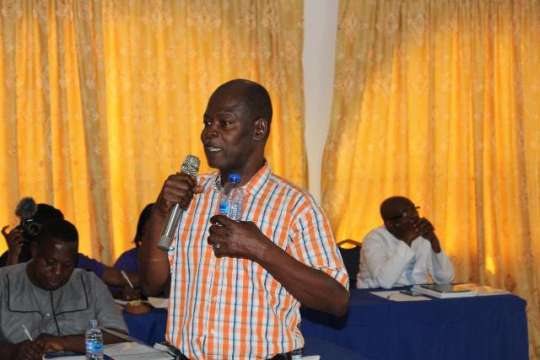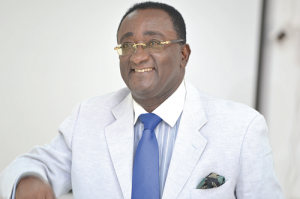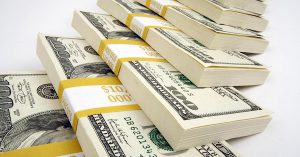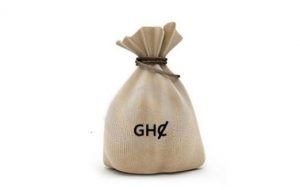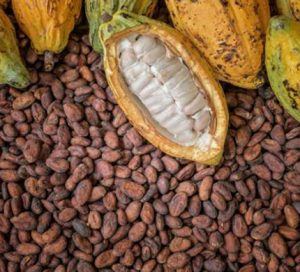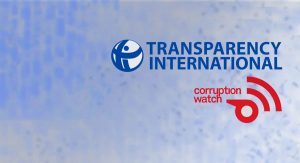Ghana’s Public Interest and Accountability Committee (PIAC), the statutory body mandated to monitor and ensure efficient management of petroleum revenue, has advocated alternative means of funding the government’s ‘Free Senior High School (SHS)’ policy.
“We should not pin all our hopes on oil revenue for the successful implementation of the programme since this is not sustainable,” Dr. Stephen Manteaw, the Chairman, cautioned.
According to PIAC, an amount of GHȼ414.62 million, representing 98.75 per cent of the Annual Budget Funding Amount (ABFA) disbursement to the education priority areas, went into the ‘Free SHS’ programme as at 2018.
Dr. Manteaw, who was launching the ‘2018 PIAC Annual Report’ in Kumasi, disclosed that a cumulative revenue of US$4.97 billion was realized from the country’s annual petroleum receipts within the period of 2011-2018.
The PIAC Chairman drew attention to the changing dynamics within the petroleum sector, especially the unpredictable price fluctuations at the global stage-a possible threat.
This could in future, he said, affect “our ability as a nation to mobilize the needed resources solely from the sector in funding the programme.”
He asked stakeholders and policy-makers to continue to brainstorm with the view to finding other ways to complement revenue from the petroleum sector to fund the programme.
The programme, an initiative of the Nana Akufo-Addo-led Administration introduced in 2017, had since seen more than 400, 000 students benefitting.
It forms part of efforts to boost the human resource base of the nation by giving opportunity to the growing youth to enjoy second-cycle education, irrespective of their financial status.
Dr. Manteaw hinted that the total petroleum receipts paid into the Petroleum Holding Fund in 2018 was US$977, 093, 285.00.
The PIAC Report emphasized that in comparison with the 2017 total crude production of 58, 658,063. 54 barrels, there was a 5.93 per cent increase in 2018.

